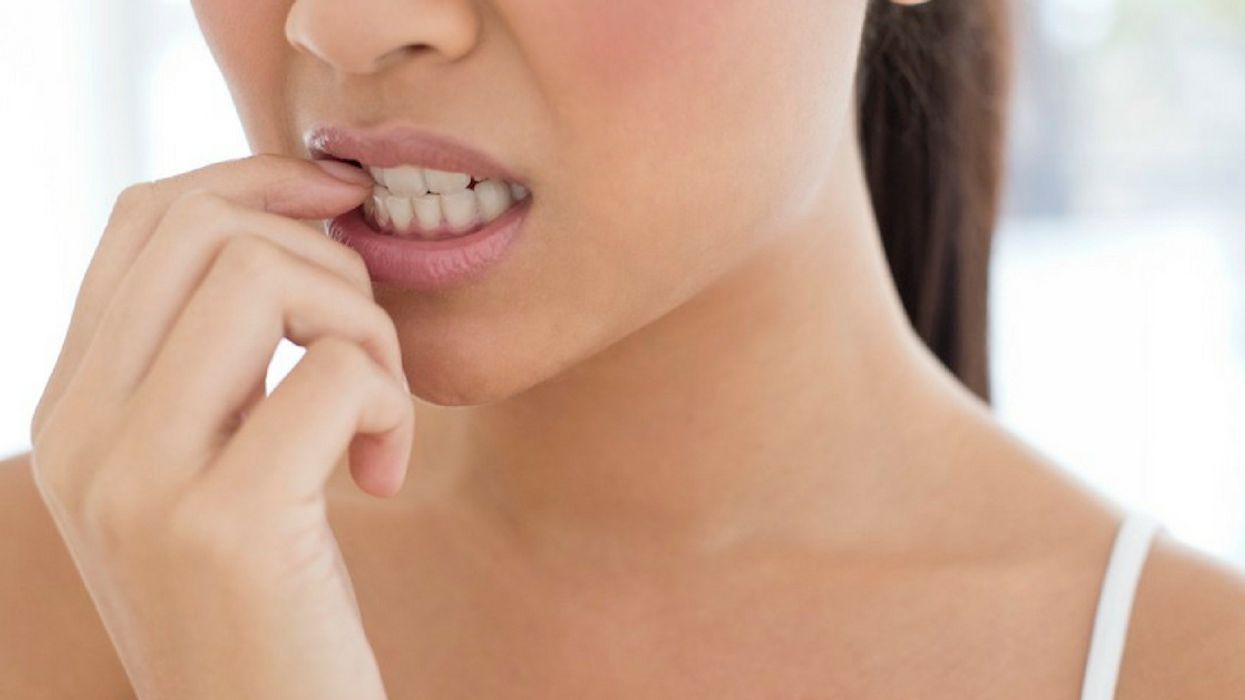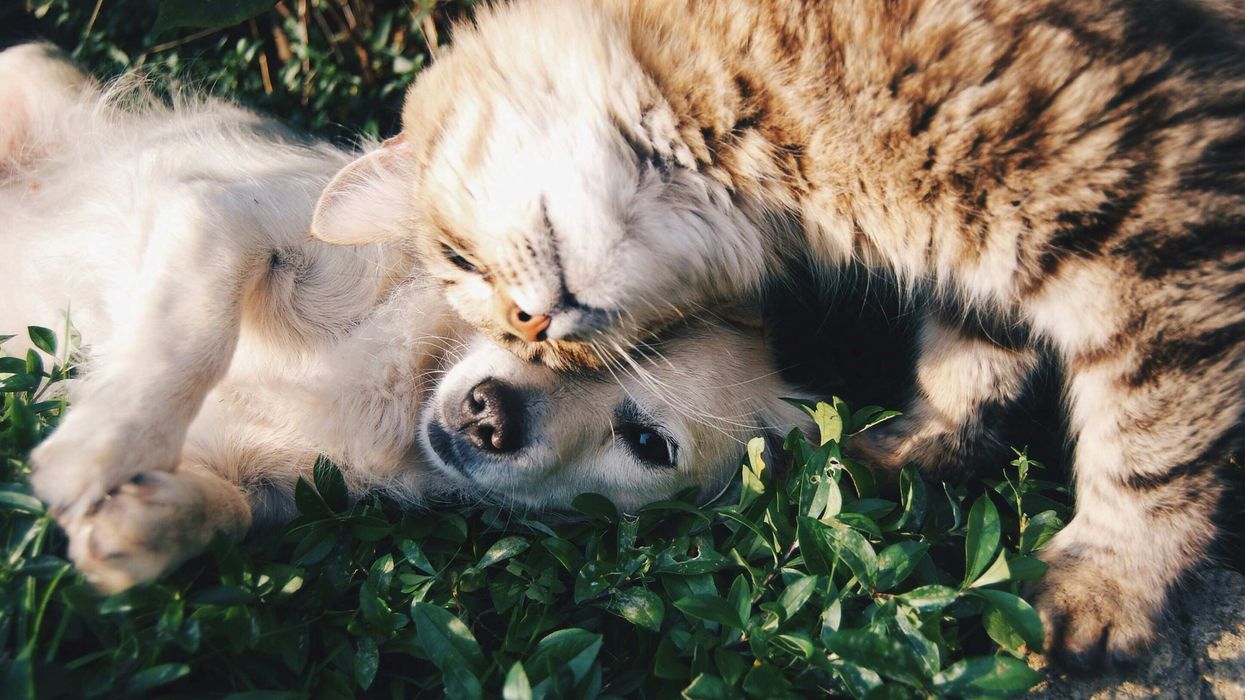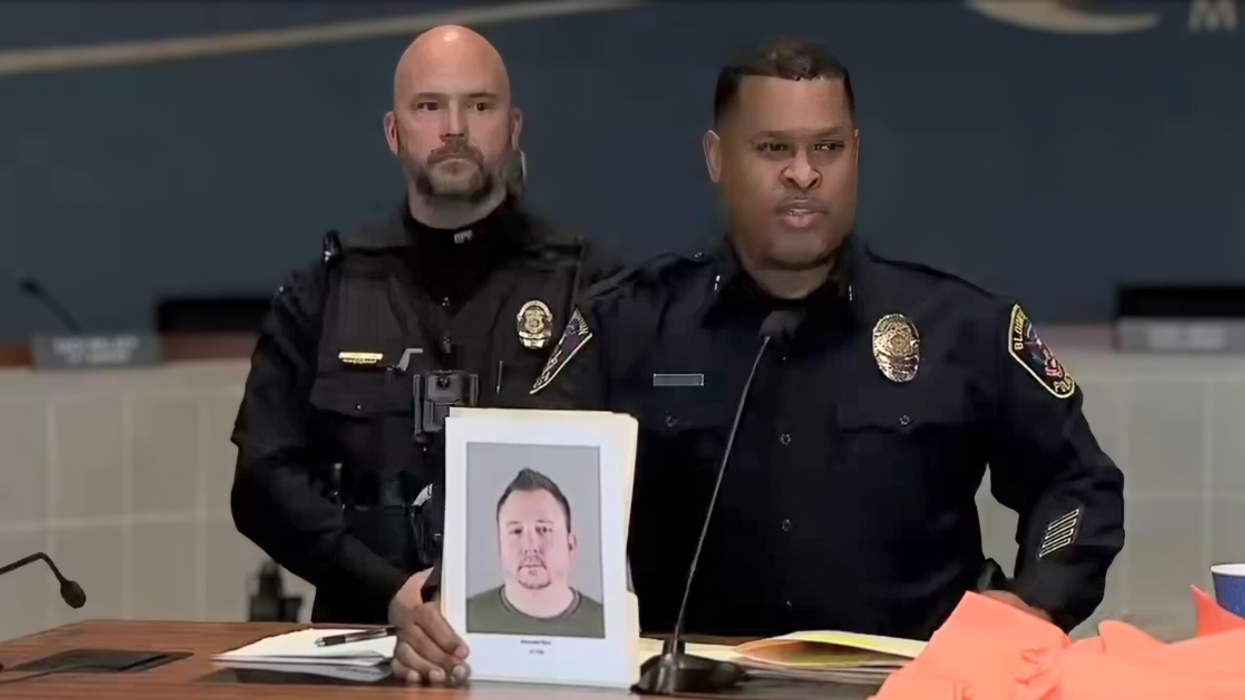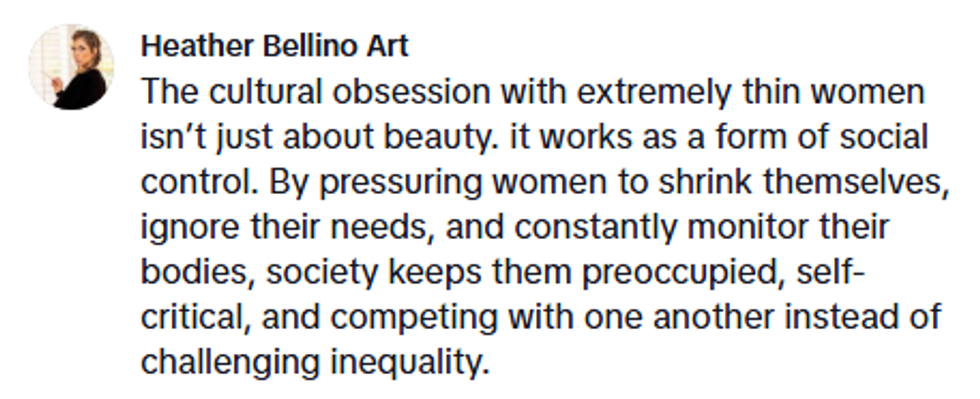People have different tics – like nail-biting or pulling out their own hair – that are often associated with nervousness and anxiety.
According to the TLC Foundation, 3% of the population suffer from these body-focused repetitive behaviors (BFRB), but they're not necessarily categorized as bad habits unless they cause self-harm.
Most people are unaware that the BFRBs they're afflicted with are a disorder "that cause people to repeatedly touch their hair and body in ways that result in physical damage."
The Foundation's website explains how to help people suffering from BFRB through information and aims to make them know they're not alone.
The website identified some of the most common types of BFRB:
Hair-pulling disorder (Trichotillomania) causes people to constantly pluck hair from eyebrows, scalp and other parts of the body, resulting in noticeable bald spots. "5-20% of people who have hair pulling disorder also swallow the hair."
Here is an example of a patient who suffered from Trichotillomania disorder.
Skin-pulling disorder (Excoriation) causes people to "repetitively touch, rub, scratch, pick at, or dig into their skin, resulting in skin discoloration, scarring, and even severe tissue damage and disfigurement."
Nail-biting disorder (Onychophagia) causes people to chew on their nails down to the cuticles and often causes bleeding and infection.
The website mentioned other BRFB disorders that include biting on the inside of cheeks until bleeding and biting on lips.
Insider said that classifying BRFB as an obsessive compulsive disorder was complicated and is still often debated, but it doesn't explain whether the behaviors were impulsive or compulsive.
Kieron O'Connor, a professor of psychiatry at the University of Montreal and director of the OCD Spectrum Study Center, told Tonic that the generally perceived behavioral disorders are less of a result from anxiety and more of a link to a frustrating "spectrum of emotions."
"All of these disorders involve a hand, and all of them are, to some extent, automatic and out of control."
Although nail biting is often associated with stress relief, O'Connor also claimed that Onychophagia often deals with regulating emotions.
"People with these sorts of habits tend to be less good at recognizing their emotions and coping with negative emotions, so one way of doing this is to get involved with a repetitive behavior, which initially produces some sort of comfort but has very destructive implications, and then they feel guilty or ashamed—a negative emotion—which fuels their self-criticism."
Tara Peris, Ph.D., explained the difference between BRFB and OCD in Psychology Today.
"First, with BFRBs, there are no obsessions. For example, people with BFRBs typically do not have thoughts such as 'If I don't pull my hair or pick my skin,"'some specific bad outcome will happen, e.g., 'my husband will die'."
"Second, while some people report a reduction in anxiety with pulling/picking, many do not."
"Third, people with OCD feel compelled to perform their rituals/compulsions, but generally do not like them and feel upset that they 'have' to perform them."
This thread is an example of how BFRB can be confusing to classify.
Effectively treating patients suffering from these conditions depends on whether the BRFB is either compulsive or impulsive. Peris suggested that distinguishing one from the other can prove to be beneficial.
"Treatment must be mindful of these differences and not make assumptions about what is driving the behavior for any individual. Mental health professionals must approach each individual as unique; seek to understand the functional nature of BFRBs for each client; and prescribe interventions that are personalized for that individual."
You can learn more about body-focused repetitive behavior and how to seek treatment on the TLC Foundation website. It's important to note that those suffering from the disorders are not alone. There is help.
H/T - Insider, TLCfoundation, GettyImages, Twitter, Tonic














 @GovPressOffice/X
@GovPressOffice/X
 @RichardLaub4/X
@RichardLaub4/X @RonFilipkowski/X
@RonFilipkowski/X
 @fortunate_fiasco/Instagram
@fortunate_fiasco/Instagram @baadbrad/Instagram
@baadbrad/Instagram @starbaksh/Instagram
@starbaksh/Instagram @angelcartel/Instagram
@angelcartel/Instagram @tamoderos/Instagram
@tamoderos/Instagram @rinabekiri/Instagram
@rinabekiri/Instagram @grace.s.hamilton/Instagram
@grace.s.hamilton/Instagram @robbietomkins/Instagram
@robbietomkins/Instagram @mereyahncage/Instagram
@mereyahncage/Instagram @aristochick/Instagram
@aristochick/Instagram @rrmrrmrrmrrmrrm/Instagram
@rrmrrmrrmrrmrrm/Instagram @drewguy88/Instagram
@drewguy88/Instagram @annacollins5172024/Instagram
@annacollins5172024/Instagram @lvndrbeauty/Instagram
@lvndrbeauty/Instagram @dinalohan/Instagram
@dinalohan/Instagram
 @jameelajamil/TikTok
@jameelajamil/TikTok @jameelajamil/TikTok
@jameelajamil/TikTok @jameelajamil/TikTok
@jameelajamil/TikTok @jameelajamil/TikTok
@jameelajamil/TikTok @jameelajamil/TikTok
@jameelajamil/TikTok @jameelajamil/TikTok
@jameelajamil/TikTok @jameelajamil/TikTok
@jameelajamil/TikTok @jameelajamil/TikTok
@jameelajamil/TikTok @jameelajamil/TikTok
@jameelajamil/TikTok @jameelajamil/TikTok
@jameelajamil/TikTok